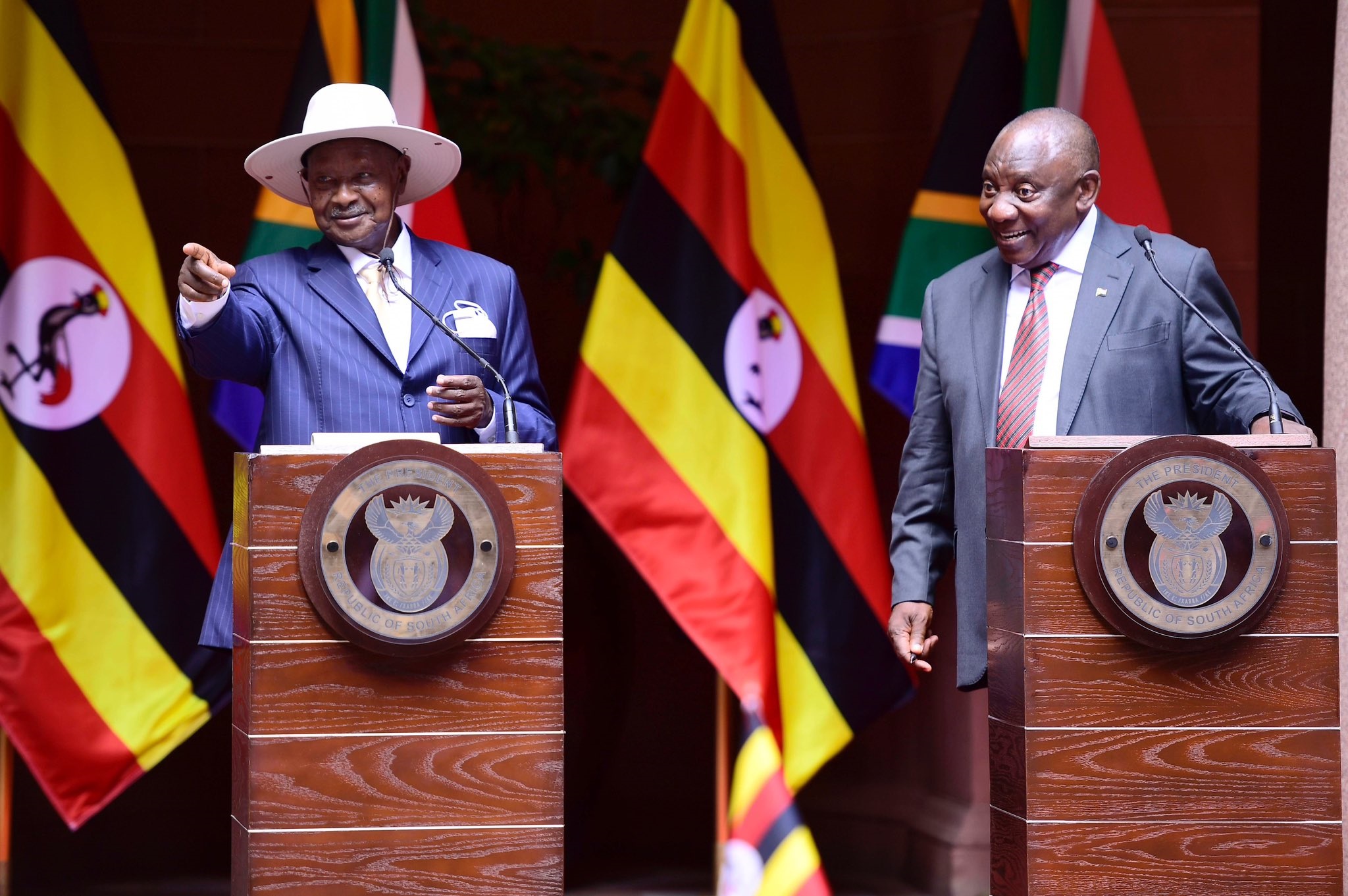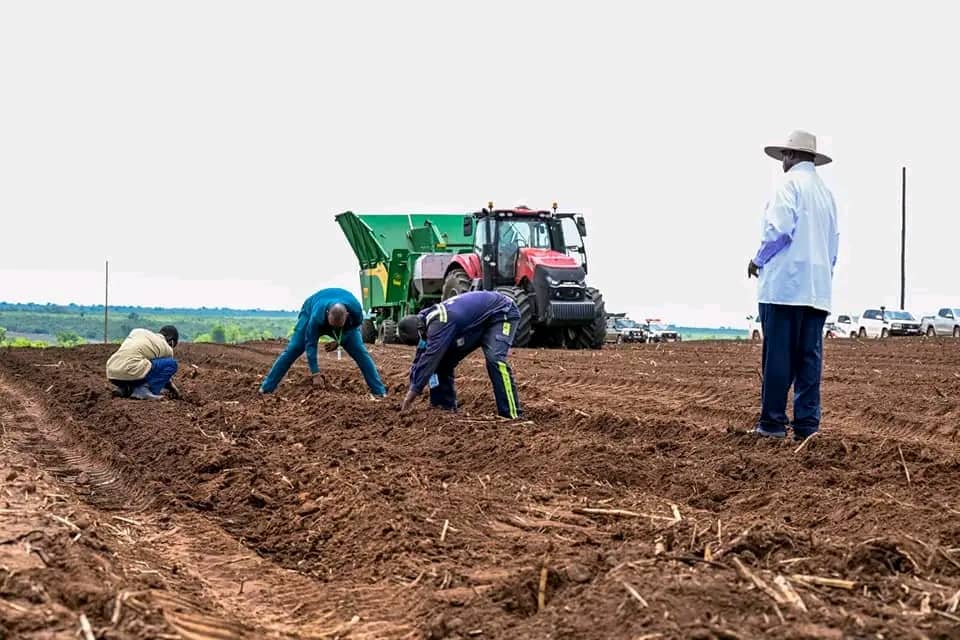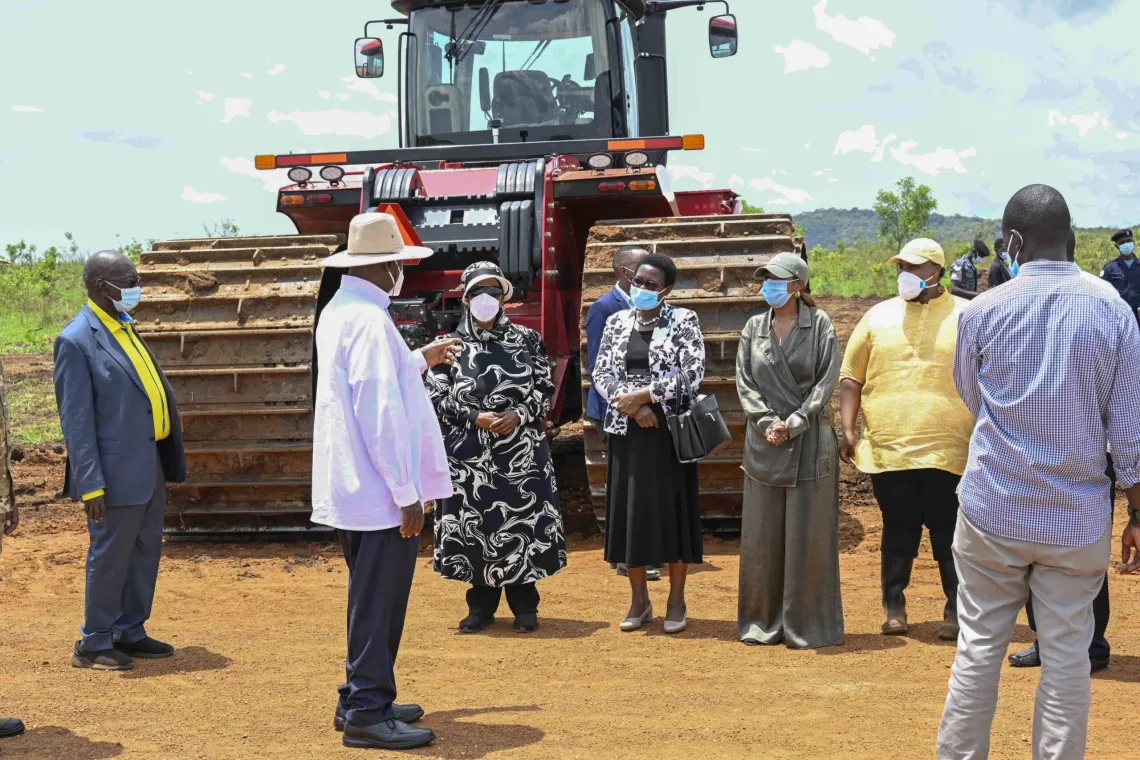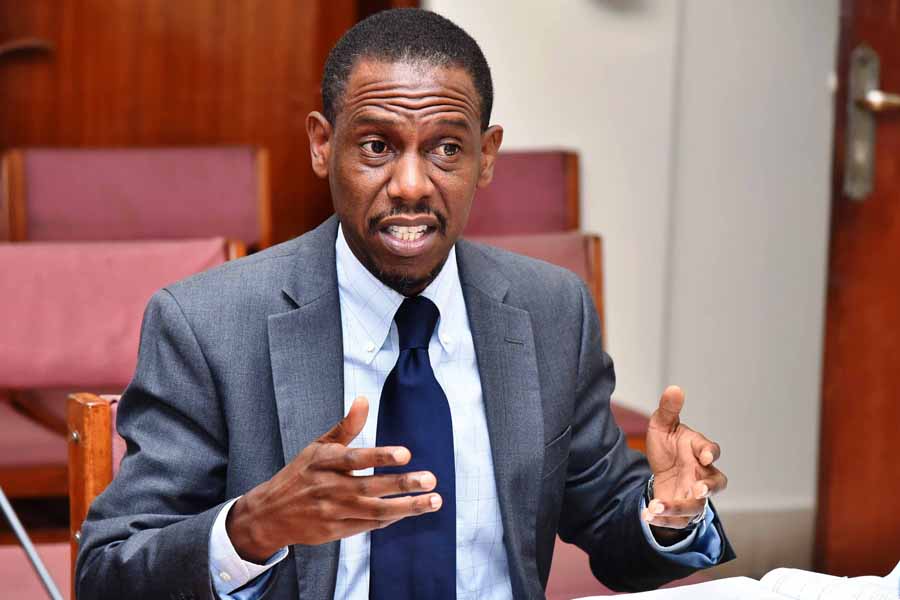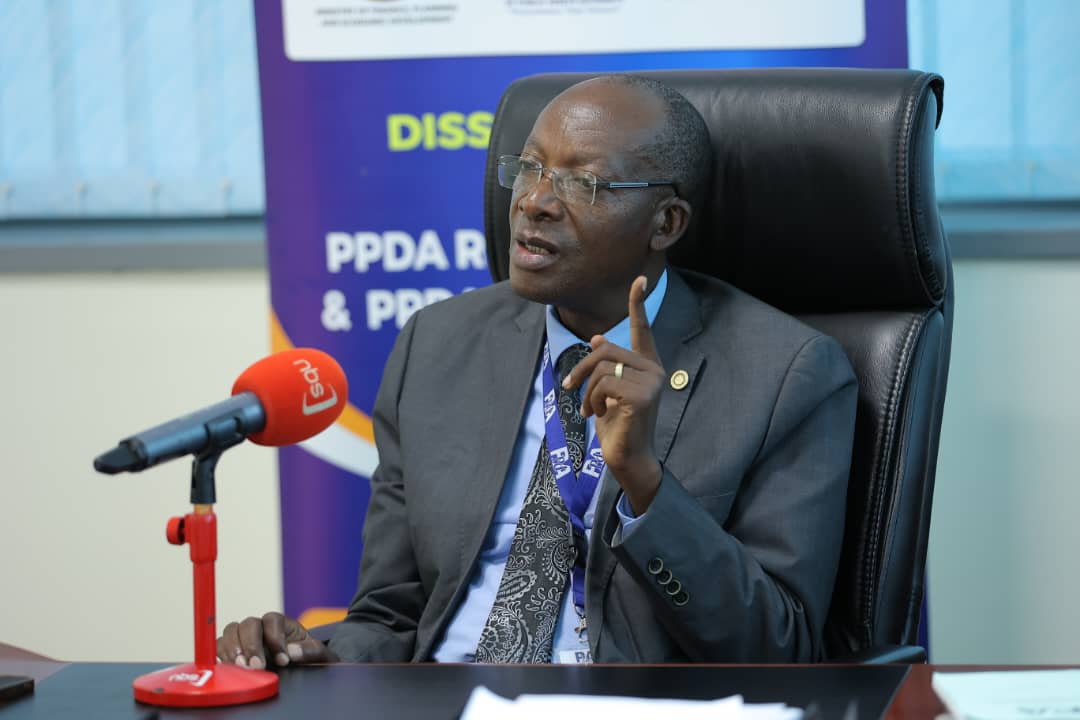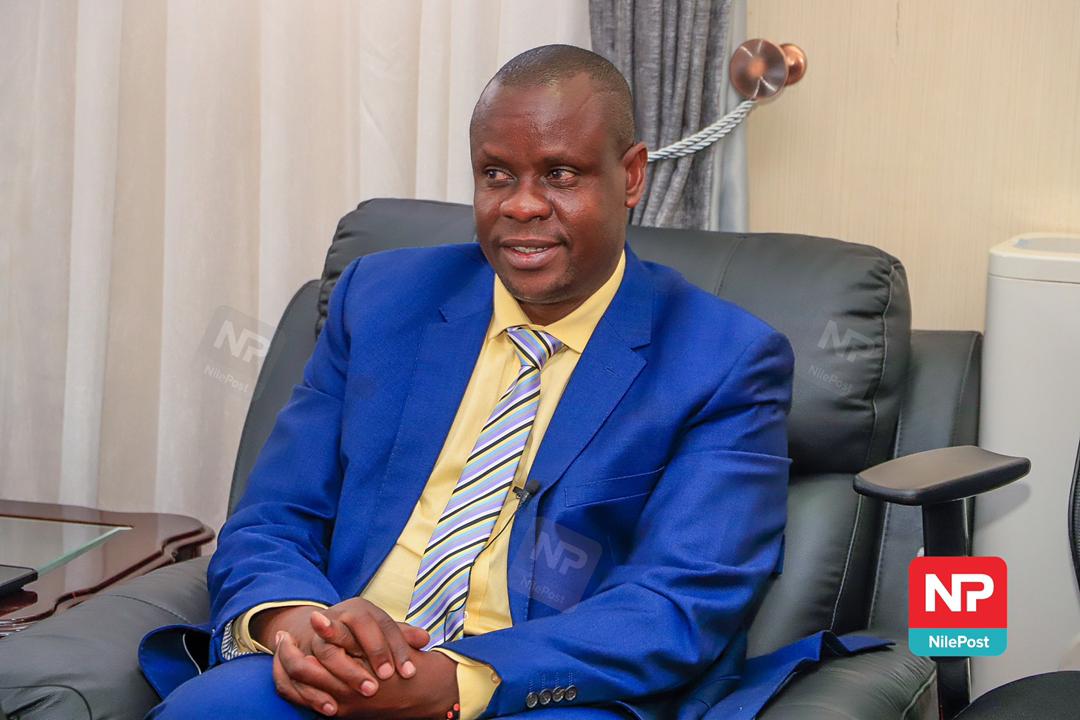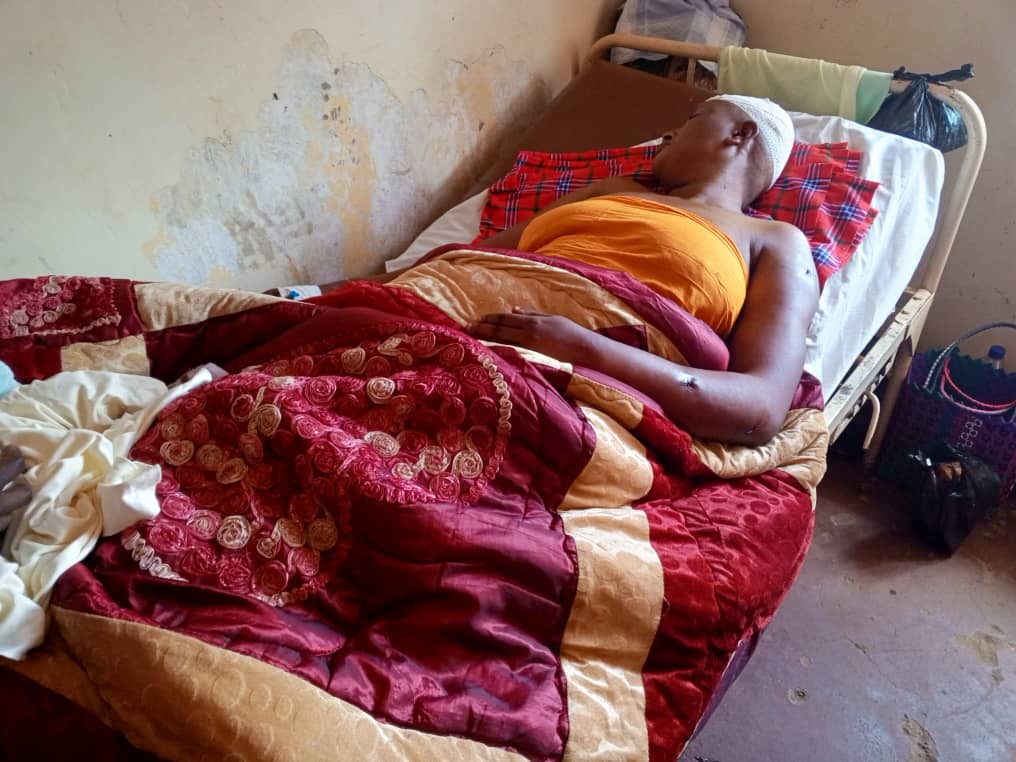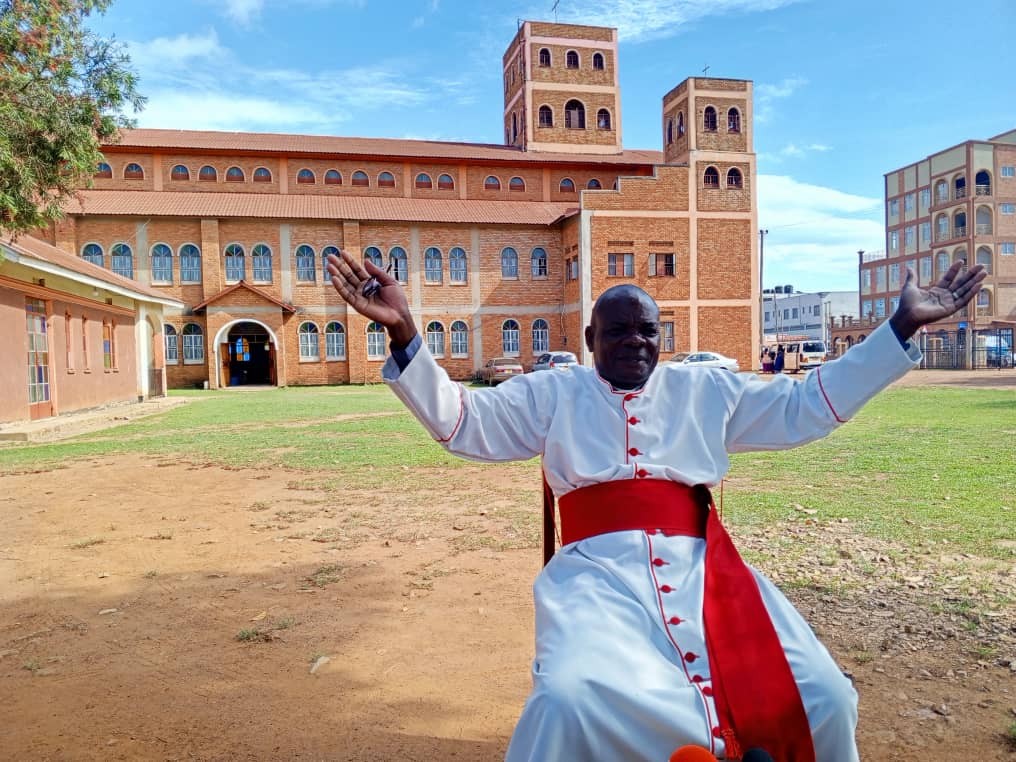Opinion: In the coffee game, Museveni has always been ahead of pack
On assuming the reins of power in 1986 President Museveni put the revival of the coffee industry as a priority item in the broad agenda of lifting Uganda from the economic doldrums it had sank during the decades of misrule.
Coffee first appeared on the Uganda economic scene in 1927 when the Busulu and Envujo law was enacted.
Keep Reading
The intention of the law was to create and to preserve a class of small holders by giving them the security of tenure necessary to encourage the planting of coffee which was regarded as “a high-priced, slow maturing and long-surviving crop”.
Each kibanja holder was given eight seedlings as “entandikwa”.
Indeed the coffee crop did not disappoint and by 1962 Uganda was classified as a top world producer of coffee.
To the ordinary Ugandan coffee had come to play a leading role in their livelihood. 42% of all farming households in Uganda became growers of some coffee.
By the time of independence coffee was contributing an average of 30% to the country’s foreign exchange earnings. Coffee was linked to poverty reduction with poverty levels lower in periods when coffee prices were high and vice-verse.
Unfortunately by the time NRM took power many coffee producers had been disillusioned by a situation where farmers were given chits on delivery of their coffee and told to come later for the cash.
Sometimes the chits would get lost and the farmer would lose their entire crop for the season without payment. Even when the farmer was eventually paid the money was not worth the effort.
In this state of affairs farmers cut down their coffee trees abandoning coffee production, in preference to engaging in growing what they considered more profitable plants at the time like matooke.
The vision leader he is, the first steps President Museveni took to revive the coffee industry was to ensure that coffee farmers obtain cash on delivery of their crops.
Thus coffee growers were linked directly to the buyers. The monopoly of Coffee Marketing Board was abandoned and several companies came to the market exporting coffee directly and paying farmers more money and cash on delivery basis.
With the interest in coffee production revived, the NRM government embarked on encouraging coffee farmers to reclaim the abandoned coffee plantations and planting new gardens.
The Coffee Development Authority was put in place as statutory body with responsibility to, among other things, initiate nursery beds and distribute to farmers quality seedlings.
With coffee production revived and on the rise Government set an annual export target of 20 million bags effective 2022.
With the country fast moving to achieving the export target, the unique flavor and aroma of Uganda coffee was being noticed internationally giving the Country’s product a reputation which would enable it to command a very high retail price on the international market.
The challenge however President Museveni faces is that only 5% to 10% of the retail price actually comes back to Uganda.
Most of the coffee profit is shared by distributors and middle men in the marketing sector where the Uganda coffee is mixed with coffees from other Countries and loses its Ugandan uniqueness.
In wealth countries, a cup of cappuccino may be sold at US$4, but many coffee growers in Uganda still earn less than a dollar a day.
The challenge of the day is to identify a mechanism which would lead to a greater share for the Country’s coffee farmers by narrowing the gap between the retail price and the return to the coffee farmers.
The Uganda coffee must have visibility and gain international consumer recognition of Ugandan coffee.
The thrust must be to sell Uganda coffee on the international market under a well organised branding promotion as Uganda coffee, strengthening the confidence and bargaining position of the Uganda coffee on the World market.
The Ugandan coffee to attain this branding on the international market must live Uganda as value added Uganda fine coffee. The result from this value addition shall be seen in terms of increased income and improved living standards of the coffee farmers.
The coffee farmers will then earn a retail price ranging from US$20 to US$28 per kilogram from receiving the current scanty US$1 per kilogram.
Overall, Uganda’s total exports could reach the level of $1.2-1.6 billion as opposed to current $400million within the first year of export.
The export value will go higher and higher as the Ugandan fine coffee gets a well organised branding instrument and takes grip on the international market.
The Ugandan fine coffee manufactured locally will be distinguishable from coffees of other Countries on the World market. The novelty of this initiative is that it will enable the coffee farmers to become part of the price setters instead of being price takers.
It is in this scheme of things that President Museveni’s drive for Uganda to sell its coffee as fine product on the international market, must be appreciated and embraced.
The author is the minister of State for Lands
www.kaa.co.ug




